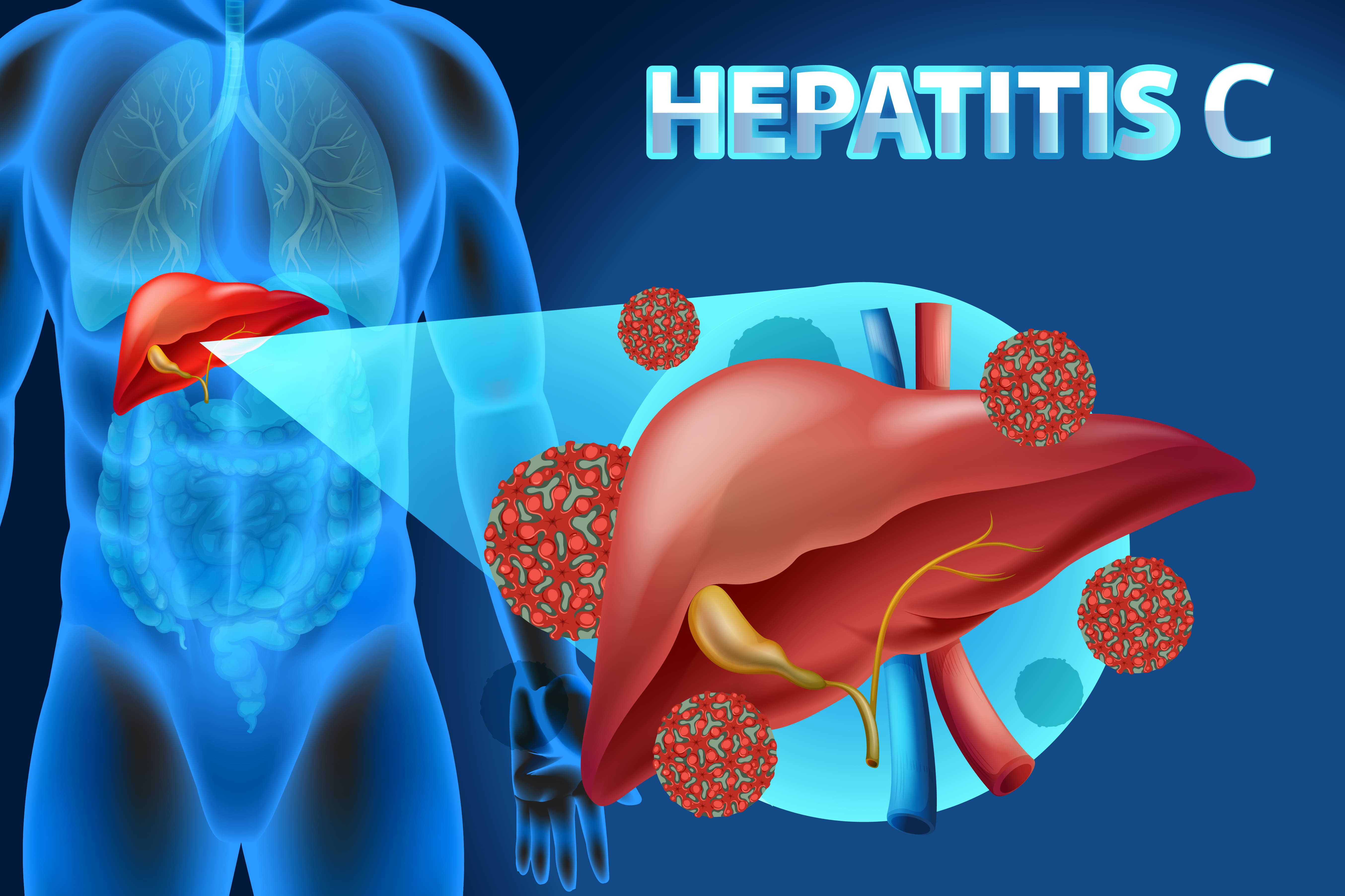Hepatitis C: A Guide to Signs and Treatments

Hepatitis C is often referred to as a silent epidemic lurking in the shadows of our healthcare system while affecting millions worldwide. Many individuals remain unaware of their infection until it's too late, making it crucial to recognize the signs early. In this blog, we will explore the key signs of Hepatitis C and the treatment options that can help individuals reclaim their health and vitality.
-
Recognizing the Signs of Hepatitis C
Understanding Hepatitis C is crucial, and it begins with recognizing its early signs and symptoms.
-
Feeling fatigued
Fatigue, a common symptom of Hepatitis C, often leaves individuals feeling consistently tired and lacking energy. This fatigue can be debilitating and affect daily activities and overall quality of life.
-
Jaundice
Jaundice, marked by yellowing skin and eyes, is a key sign of Hepatitis C due to bilirubin buildup (a substance that the liver usually processes). If you notice any yellowing of the skin or eyes, it's important to seek medical attention promptly.
-
Abdominal discomfort
Persistent abdominal pain, especially in the upper right quadrant, may indicate liver inflammation caused by Hepatitis C. This discomfort varies from mild to severe and shouldn't be ignored, as linking abdominal pain to Hepatitis C aids in quicker diagnosis and treatment.
-
Dark urine
Dark-colored urine results can indicate liver dysfunction or bile duct obstruction. Monitoring changes in urine color can help identify potential liver issues and trigger necessary medical evaluations.
-
Loss of appetite
A sudden loss of appetite leads to unintended weight loss. This symptom can exacerbate fatigue and impact overall health. Paying attention to changes in appetite can help recognize the presence of Hepatitis C.
-
-
Effective Treatment Options for Hepatitis C
Hepatitis C is a significant health concern, but there are several effective treatment options available to manage and potentially cure this condition.
-
Antiviral medications
Antiviral medications target the virus directly by reducing its presence in the body. With advancements in antiviral therapies, many individuals can achieve sustained virologic response, effectively curing the infection.
-
Liver transplantation
In advanced cases where liver damage is severe, a liver transplant may be necessary. This procedure involves replacing the damaged liver with a healthy one from a donor. While not a cure for Hepatitis C, transplantation can significantly improve liver function.
-
Lifestyle modifications
Avoiding alcohol, maintaining a balanced diet, and engaging in regular exercise can support liver health and enhance treatment outcomes. Lifestyle modifications play a pivotal role in managing the condition alongside medical interventions.
-
Regular monitoring
Regular medical check-ups and monitoring allow healthcare providers to assess liver function, track treatment progress, and make necessary adjustments to the treatment plan. Staying proactive with healthcare visits can lead to better disease management.
-
Vaccinations
While there is no vaccine for Hepatitis C, individuals with the condition should receive vaccines for other hepatitis viruses, such as Hepatitis A and B. Vaccination can prevent co-infection and further protect liver health, minimizing additional complications.
-
In conclusion, understanding the signs of Hepatitis C is essential for early detection and effective treatment. With advancements in medical science, many individuals can now access life-saving therapies that manage the virus and lead to a complete cure. If you suspect you may be at risk or are experiencing any symptoms, it's vital to consult a healthcare professional. Don’t let this silent virus dictate your future—take charge of your health today.
